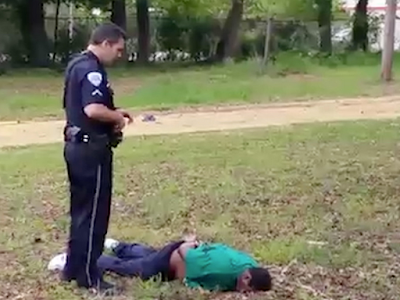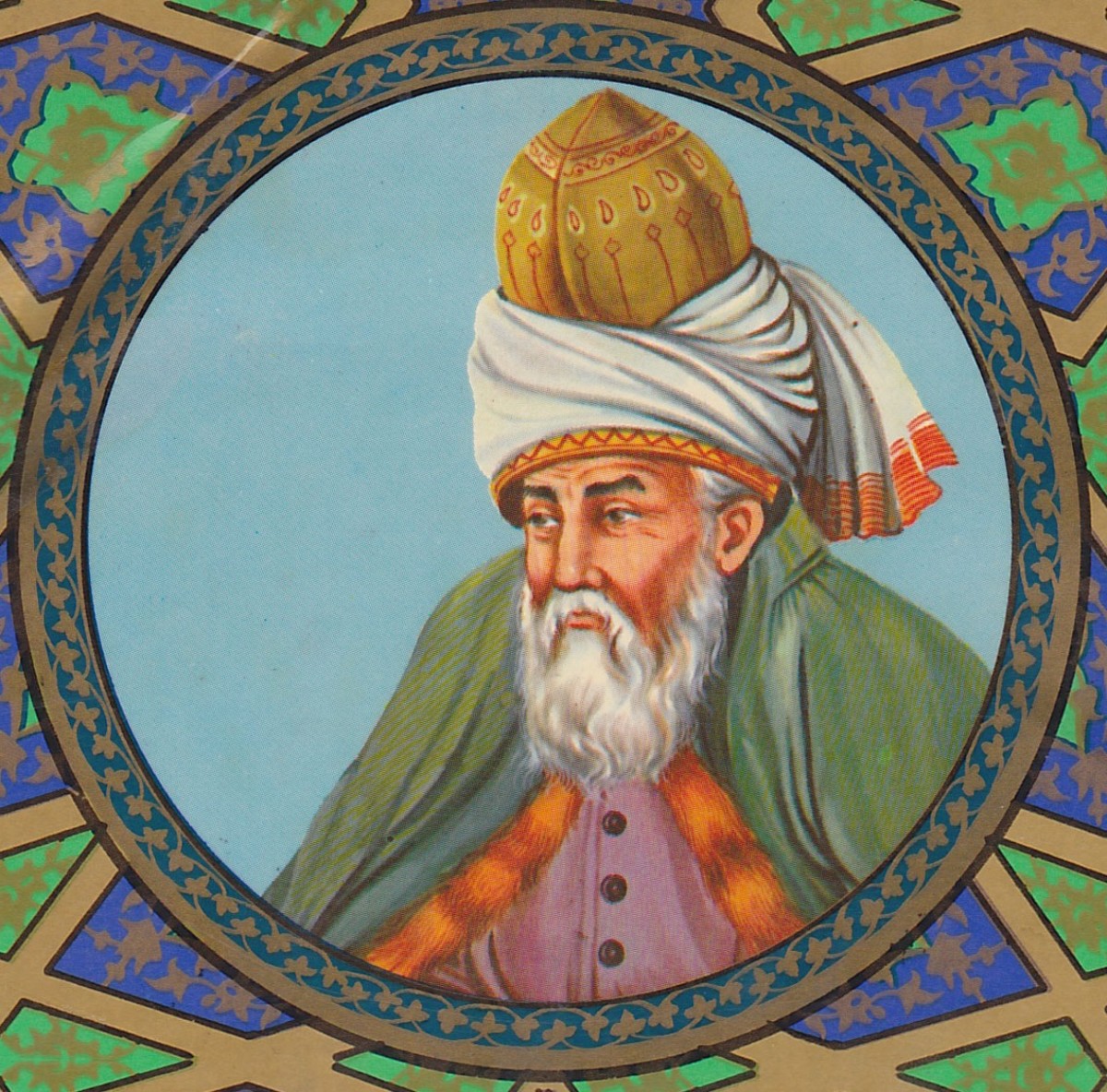Civil Society Against Government
The deaths of Alton Sterling and Philando Castile as a result of
police shootings in Louisiana and Minnesota respectively has violently
refocused the scrutiny of the press upon the issue of police brutality. The
inflammatory nature of the situation has been greatly exacerbated by its racial
element: both dead men were black, and both deaths have been broadcasted across
social media as irrefutable truth of white supremacist elements in government.
Activists emphasize the uncanny similarities of both situations in which white
police officers 'murder' black men in situations that could ostensibly be
construed as misunderstandings. Indeed it seems a 'race war' is brewing, with
armed, white police officers apparently abusing the authority invested into them by the
state to kill innocent civilians. Nowhere is the backlash of the situation more
apparent than in Dallas, where two snipers had engaged in a shootout with
officers, killing five and injuring many more; the race issue is slowly but
surely undermining the legitimacy and authority of the state, at least for a
portion of the population not afraid to signal their discontent with bloodshed.
It is clear that Americans suffer from an acute fear of Big
Government, seen from their championing of the 2nd Amendment (the
right to bear arms is enshrined in the constitution so that an individual might
protect himself from oppression and tyranny – the rapacity of the government)
and their constant calls to cut back government funding. Much of the argument
supporting the unregulated free market focused on the inefficiency and bureaucratic
failures attributable to government. The cultural individualism unique to
Americans spills over to a fear and resistance of the coercion and control
employed by the state. Police brutality has only added to this fear,
exemplifying the abuse of power so feared by individual Americans. The tragic
incidents can only heighten resistance to government, as victims and sympathizers decry its actions as unjust. One, however, must be discerning: the
rollback of government would encourage a deleterious sort of anarchy inimical
to liberty. Without law enforcement and without imbuing officers with the
authority to coerce, the state’s ability to protect civil cohesion will be
impinged and there would arguably be far more violence that results.
Fear of Big Government should be tempered by fear of anarchy and civil unrest. When responding to an issue of civil cohesion such as within whites and blacks, common ground must be found and elaborated upon, its absence in which absolutely no resolution can possibly be found. Hard solutions involving coercion must be judiciously applied and appropriately justified: those who would victimize civil cohesion for the sake of their individual pathologies, like the Dallas shooters, should be punished, not because their cause is erroneous, but solely because their actions bring detriment to civil society as a whole. An understanding must be reached that inter-racial conflict will be solved less by reducing the authority of government or its agents than by applying government to the appropriate methods of dealing with meliorating the issue – that is by bridging racial gaps in American society and replenishing faith in the justice of the enforcement and judicial arms of the government. The marked differences between the socioeconomic status of white and black families, the subject of much invidious comparison, have predictably led to vehement public outcry. Add to that a palpable sense of discrimination, independent of whether it exists in actuality, and a trigger is the only additional condition for a conflagration.
Yorck
At first glance, the violence and civil disturbance that has
resulted seems the sole result of an unfortunate and deeply disturbing consequence of racial
discrimination. The sense of oppression that must have pushed the perpetrators
to commit the Dallas shooting is no doubt directly linked to the deaths of the
ostensibly non-violent black men mentioned above at the hands of white
‘murderers’; in being part of the establishment, perhaps all policemen were complicit
in the systematic discrimination and deaths of innocent black men. Yet this is
a perspective, while corroborated by ubiquitous anecdotes of police brutality, is not
totally evident in statistics: cops killed nearly twice as many whites as
blacks in 2015, according to data compiled by the Washington Post. While this
can be said to be an over-representation of blacks, given the actual ratio of
black people to white people in the US population is lower than 1:2, the
reality on the ground suggests otherwise. After all, there is a far higher
concentration of violent crime within the minority black community, which means
that officers would have been far more likely to encounter black perpetrators.
This would have had the result of increasing the chance of police officers
using lethal force on a black suspect – the result primarily of experience
rather than outright discrimination.
It thus seems that the ensuing violence in Dallas has been
the result of an emotive outburst on the part of the gunmen. The black community’s
sense of being targeted for systematic persecution was no doubt exacerbated in
a large part by social media; the murders of Sterling and Castile were both
disseminated widely on social media, eliciting shock and horror. Racial
discrimination might have been one of the factors resulting in the officers’
use of lethal force, but it was probably not the only one, as the statistics
bear out. Regardless, racial conflict, partly as a result of historical
animosity, partly because of the relentless publicity of social media and also
partly because news publications and channels play up racial controversy for
the attention it garners, is a perennial fault line. The consequences will be
dire not only for the relationship between the black and white communities, but
also for the authority and political legitimacy of the government.
Fear of Big Government should be tempered by fear of anarchy and civil unrest. When responding to an issue of civil cohesion such as within whites and blacks, common ground must be found and elaborated upon, its absence in which absolutely no resolution can possibly be found. Hard solutions involving coercion must be judiciously applied and appropriately justified: those who would victimize civil cohesion for the sake of their individual pathologies, like the Dallas shooters, should be punished, not because their cause is erroneous, but solely because their actions bring detriment to civil society as a whole. An understanding must be reached that inter-racial conflict will be solved less by reducing the authority of government or its agents than by applying government to the appropriate methods of dealing with meliorating the issue – that is by bridging racial gaps in American society and replenishing faith in the justice of the enforcement and judicial arms of the government. The marked differences between the socioeconomic status of white and black families, the subject of much invidious comparison, have predictably led to vehement public outcry. Add to that a palpable sense of discrimination, independent of whether it exists in actuality, and a trigger is the only additional condition for a conflagration.
Yorck




Comments
Post a Comment